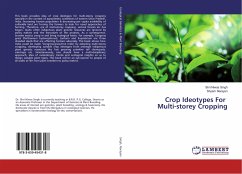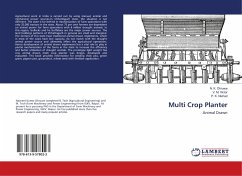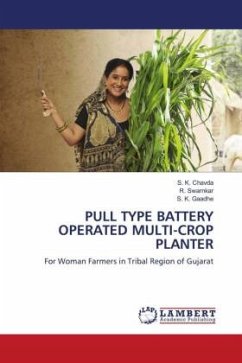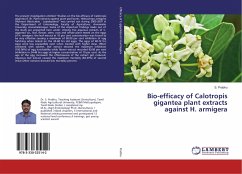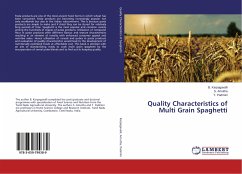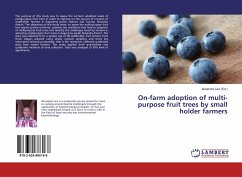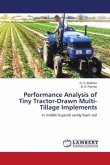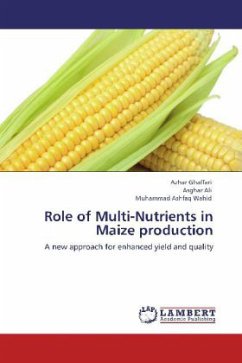This book provides idea of crop ideotypes for multi-storey cropping specially in the context of agroclimatic conditions of eastern Uttar Pradesh, India. Increasing human population & decreasing per capita availability of cultivable land are forcing the farmers to look for novel approaches of farming. Therefore, era of multi-storey cropping, vertical forests etc has begun. Quite often indigenous plant genetic resources are ignored by policy makers and the executives of the projects. As a consequence, invasive exotics creep in and bring ecological havoc. For example, Congress grass (Parthenium hysterophorus), Lantana and Eupatorium are three dreaded devils that are affecting farmers adversely. This book shows how India could be made "Congress-grass-Free India" by adopting multi-storey cropping, developing suitable crop ideotypes from amongst indigenous plant genetic resources like fast growing primitive tall chenopods, calotrops etc. Simultaneously, one should have a multi-disciplinary approach, idea of evolutionary trends and ecological insights so as to design suitable plant types. This book will be an eye-opener to people of all walks of life from plant breeders to policy makers.

